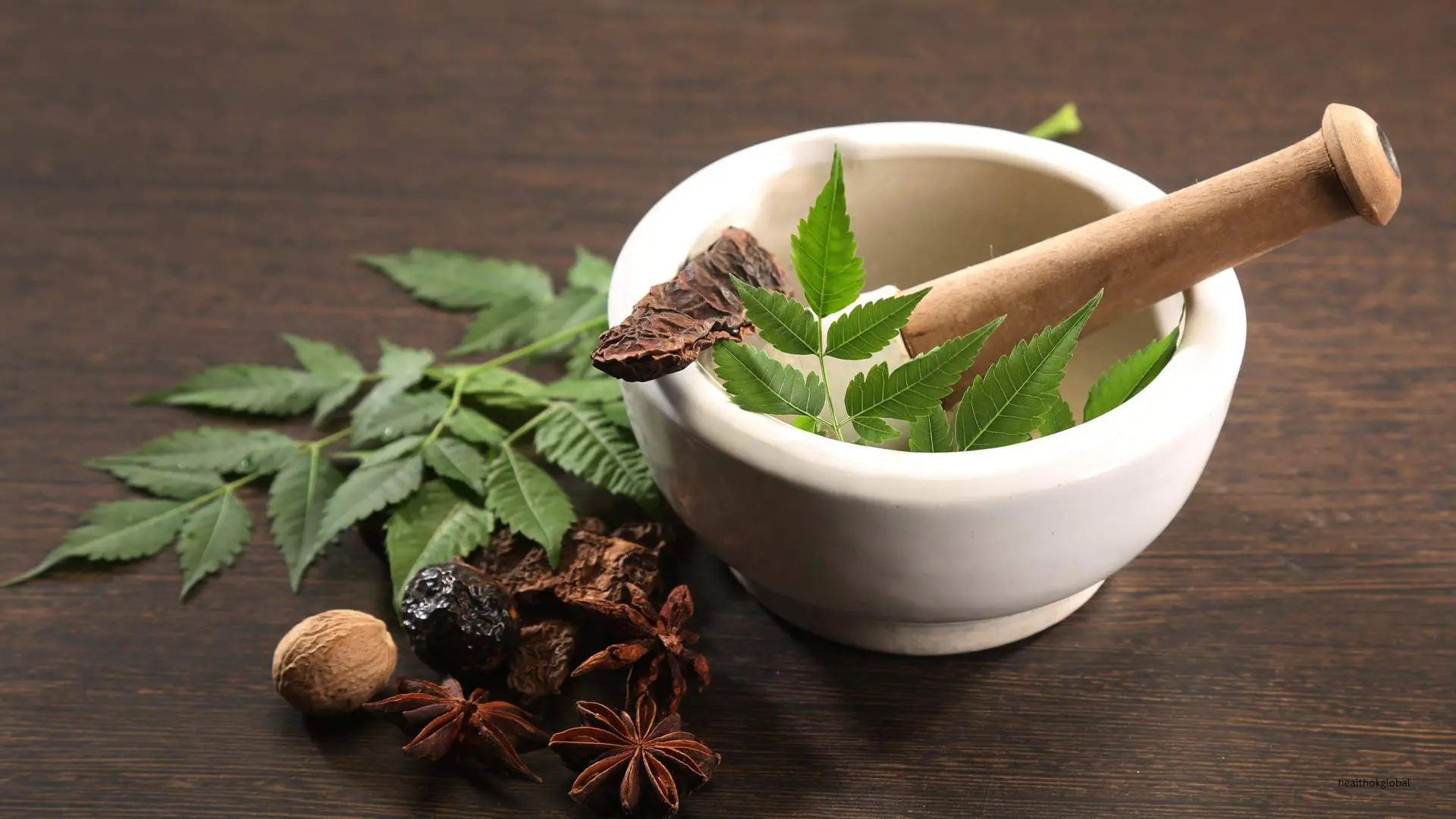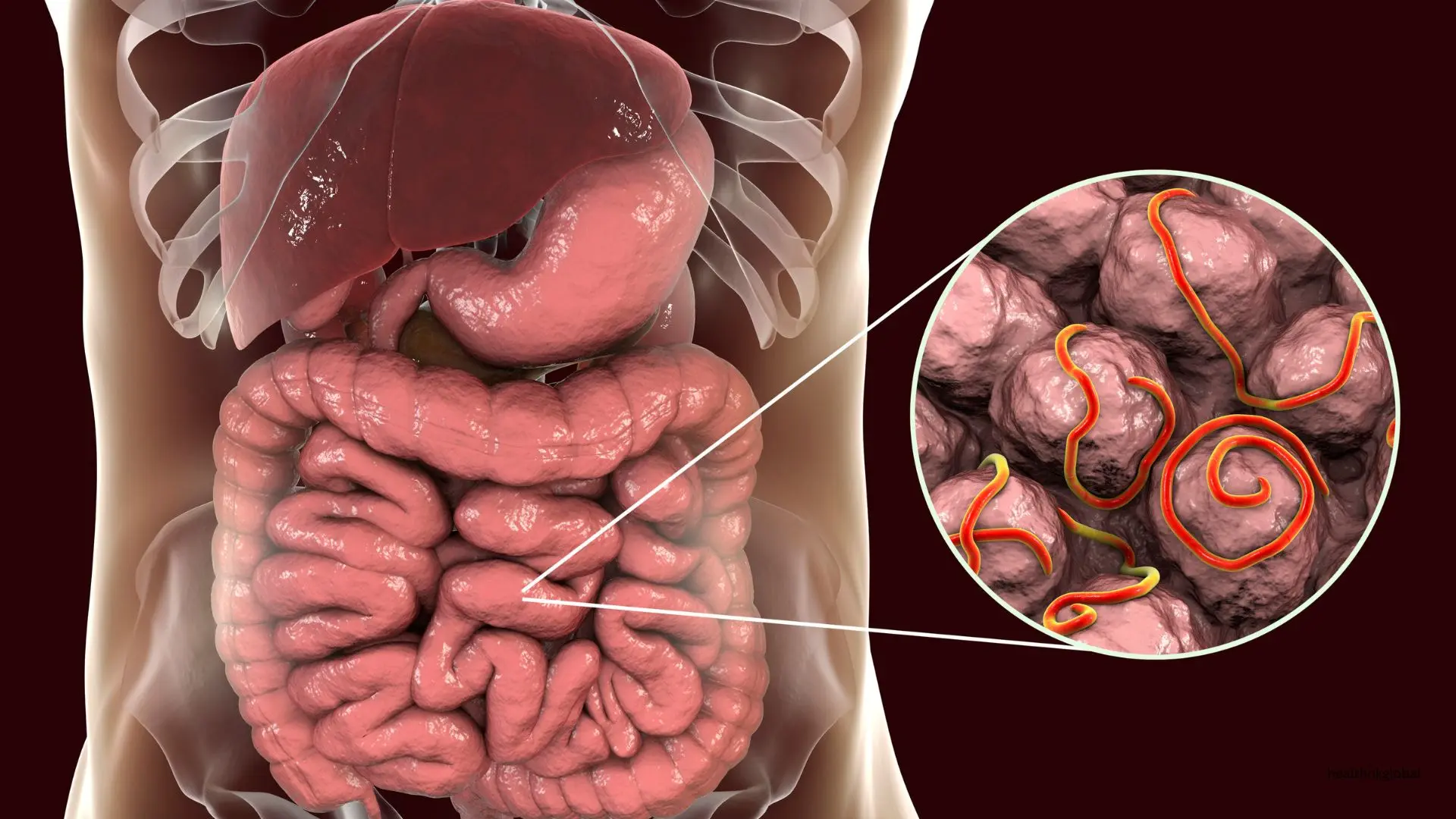Piles, also known as hemorrhoids, are swollen veins in the lower rectum and anus that can cause discomfort and bleeding.

Blog
Ayurvedic Medicine for Piles – Natural Remedies
Piles, also known as hemorrhoids, are swollen veins in the lower rectum and anus that can cause discomfort and bleeding. Ayurveda offers a range of natural remedies and lifestyle modifications to manage and treat piles effectively. This article explores Ayurvedic medicine for piles, focusing on natural and effective remedies.
Piles are classified into two types: internal and external. Internal piles occur inside the rectum, while external piles develop under the skin around the anus. Common symptoms include pain, itching, swelling, and bleeding during bowel movements. Factors contributing to piles include chronic constipation, straining during bowel movements, pregnancy, and a sedentary lifestyle.
Ayurveda approaches the treatment of piles by balancing the body's doshas (Vata, Pitta, and Kapha) and promoting overall digestive health. Key principles include:
Ayurveda emphasizes a diet rich in fiber, including fruits, vegetables, and whole grains, to prevent constipation and promote regular bowel movements.
Drinking plenty of water is crucial to keeping stools soft and preventing straining during bowel movements.
Various herbs are used in Ayurveda to reduce inflammation, improve digestion, and provide relief from piles symptoms.
Regular physical activity is recommended to improve circulation and prevent the development of piles.
Ayurveda suggests avoiding prolonged sitting or standing, practicing good hygiene, and avoiding straining during bowel movements.
Several Ayurvedic remedies can help manage and treat piles naturally. These include:
Triphala is a combination of three fruits – Amalaki, Bibhitaki, and Haritaki – known for their laxative properties. It helps regulate bowel movements and prevent constipation.
Aloe vera has anti-inflammatory properties that can soothe the irritated area and reduce swelling. Applying aloe vera gel directly to the affected area can provide relief.
Guggul is a resin extract known for its anti-inflammatory and healing properties. It helps reduce pain and swelling associated with piles.
Turmeric has anti-inflammatory and antibacterial properties that can help reduce inflammation and prevent infections.
Neem leaves have antiseptic and anti-inflammatory properties. A paste made from neem leaves can be applied to the affected area for relief.
Consuming sesame seeds can help soften stools and reduce straining during bowel movements. They are also known to promote digestive health.
Buttermilk is recommended in Ayurveda for its soothing properties. Adding a pinch of rock salt and carom seeds to buttermilk can aid digestion and relieve piles symptoms.
Radish juice is known to improve digestion and reduce piles symptoms. Drinking radish juice twice daily can be beneficial.
In addition to Ayurvedic remedies, certain lifestyle modifications can help manage and prevent piles. These include:
Engage in regular physical activity, such as walking, yoga, or swimming, to improve circulation and prevent constipation.
Avoid straining during bowel movements by using a stool to elevate your feet and promote a natural squatting position.
Practice good hygiene by cleaning the anal area gently with water and avoiding harsh soaps or wipes.
Drink plenty of water throughout the day to keep stools soft and prevent constipation.
Incorporate a high-fiber diet with plenty of fruits, vegetables, and whole grains to promote regular bowel movements.
Avoid sitting for long periods, as it can increase pressure on the veins in the anal area. Take breaks and move around regularly.
Ayurvedic medicine offers a natural and holistic approach to managing and treating piles. By incorporating dietary changes, herbal remedies, and lifestyle modifications, individuals can effectively manage symptoms and improve their overall well-being. However, it is important to consult with a healthcare professional before starting any new treatment regimen, especially if symptoms persist or worsen. Embracing Ayurvedic principles can lead to long-term relief and improved digestive health.
Piles are classified into two types: internal and external. Internal piles occur inside the rectum, while external piles develop under the skin around the anus. Common symptoms include pain, itching, swelling, and bleeding during bowel movements. Factors contributing to piles include chronic constipation, straining during bowel movements, pregnancy, and a sedentary lifestyle.
Ayurveda approaches the treatment of piles by balancing the body's doshas (Vata, Pitta, and Kapha) and promoting overall digestive health. Key principles include:
Ayurvedic medicine offers a natural and holistic approach to managing and treating piles. By incorporating dietary changes, herbal remedies, and lifestyle modifications, individuals can effectively manage symptoms and improve their overall well-being. However, it is important to consult with a healthcare professional before starting any new treatment regimen, especially if symptoms persist or worsen. Embracing Ayurvedic principles can lead to long-term relief and improved digestive health.
Need Personalized Health Guidance?
Get expert advice tailored to your specific health needs from our qualified healthcare professionals.





